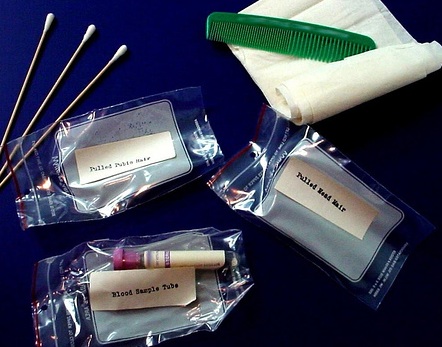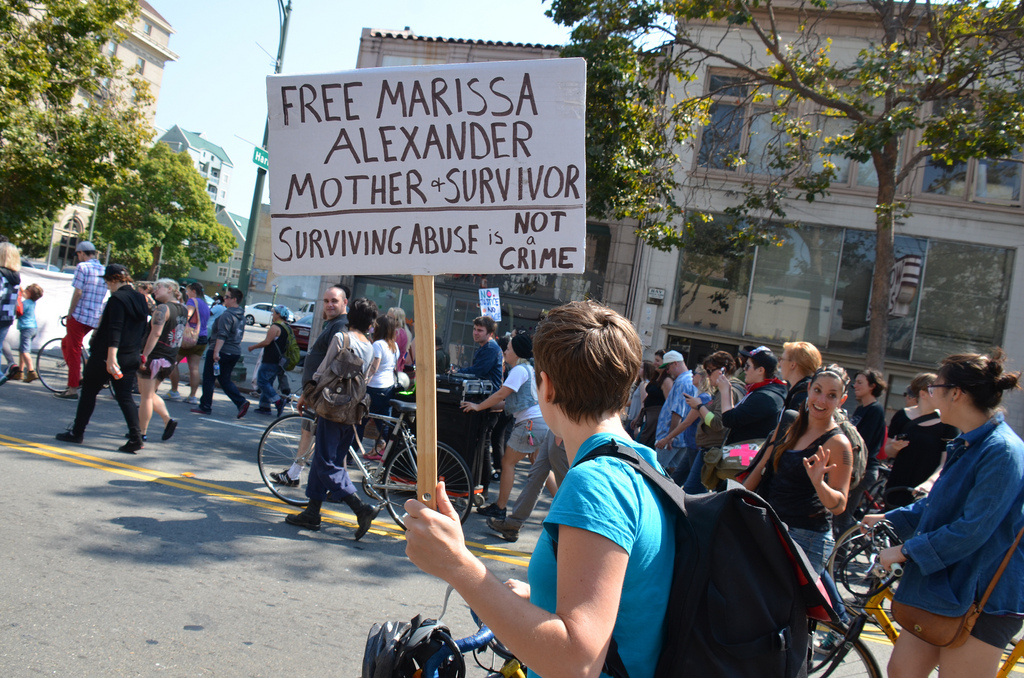Victims of rape in Washington, DC may soon be unable to get sexual assault forensic evidence (SAFE) kits, often called rape kits. DC’s budget is under federal control, so if the federal government’s shutdown continues much longer, some of the city’s necessary programs–including those intended to help rape victims–may be temporarily discontinued due to lack of funding.

After an assault or rape, a victim can go to the hospital for an exam, where forensic nurses collect DNA, photographs, and other forms of evidence that may be used in court. Timeliness is important to collect all of the evidence possible. “If we don’t have funds, no rape kits get done, there’s no medical forensic exam,” said Heather Devore, executive director of DC Forensic Nurse Examiners, one of two groups that make up the DC Sexual Assault Nurse Examiner Program (SANE). “It’s especially important because we know that DNA degrades quickly; we only have a short time in order to obtain this evidence.”
Victims also receive the services of an advocate who helps them through the exam process and with any other administrative, employment, or housing issues that may arise–crucial assistance that will not be available if funds run out.
The organizations that conduct rape kits are currently running on a contingency fund provided by the DC government, after Melissa Hook, director of the DC Office of Victims Services made the case to the city administrator that rape kits and exams should be deemed essential. The funds are expected to last only through the end of October.
Domestic violence programs all over the nation are also threatened by an extended government shutdown. Many domestic violence shelters and crisis centers rely solely on funding from the federal Office on Violence Against Women. The shutdown means that organizations that receive federal grants cannot request payment or draw funds.
Media Resources: Huffington Post 10/11/13; ThinkProgress 10/11/13; Slate 10/11/13
This post was originally published on the Feminist Newswire. If you’d like, you can subscribe to the Feminist News digest for a weekly recap of our newswire stories.






































